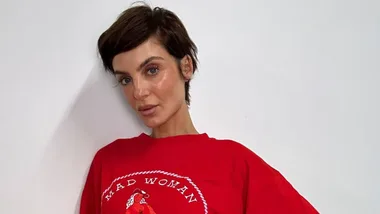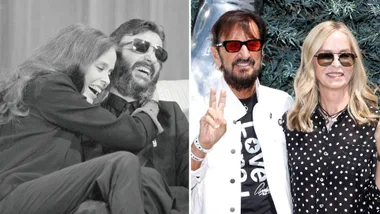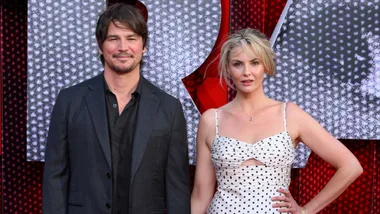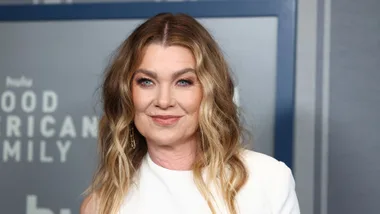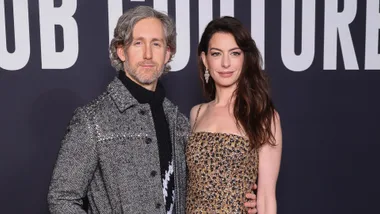Scientists are discovering just how hard our bodies fight to keep fat, shedding new light on why it is so hard to lose weight, writes Jordan Baker.
Kath Read has been fat since she was a kid and, for the past 30 years, she has been picked on for it every day.
She has been spat upon, pushed and abused. She’s had rubbish thrown at her from cars.
“Just going about my daily business, there’s always someone who thinks it’s okay to point and nudge,” she says.
“Not just kids, but women in business suits push me on a train and say, ‘Get out of the way, you fat b—-‘.”
She’s tried every diet, pill and potion. She’s suffered bulimia. She’s seen doctors, dietitians, nutritionists. She’s exercised.
Her weight has oscillated wildly, but the kilos always come back and, as a result, Kath has spent the best part of 40 years feeling like “the most worthless person on the planet”.
She has tried to kill herself several times, figuring there was no point in living if she had to live fat.
Many Australians can relate to Kath Read. Statistics released last year show 61 per cent of adults are overweight and one in four is obese.
Governments are urging people to slim down and many are desperately trying. In 2010-11, Australians spent $789.6 million on weight-loss programs, low-calorie products, dietary supplements, low-fat cookbooks and even surgery.
Yet, both personally and as a community, we are fighting a losing battle. Not only are obesity rates rising, but statistics show that the majority of people who lose weight put it on again, plus more.
According to conventional wisdom, losing weight should be simple for those with enough willpower — just consume less energy than you expend, or eat less and exercise more. Following that logic, those who fail are lazy or gluttonous.
Yet, as Kath Read already knew and experts are beginning to learn, losing weight and keeping it off is far more difficult than that. It requires not only relentless discipline, but an almost unwinnable fight against our own bodies.
When we gaze enviously at naturally skinny people, we should remember that, a couple of thousand years ago, they would have been gazing enviously at us.
In the days when humans were scrounging for their next meal, the genetic pathways that helped some people hang onto fat were key to survival.
Professor Louise Baur, a specialist in paediatric obesity at the University of Sydney, says up to 70 percent of variation in body size is determined by genetics.
Not one gene, but hundreds of them, governing everything from whether cells prefer carbohydrate or fat as fuel, to the way taste works or how the stomach tells the brain it’s hungry.
“If we only had one pathway that determined what our body weight was and whether we stored fat, the human species would not have survived,” she says.
Nevertheless, obesity only became a widespread problem in the late 20th century, when food became cheap, accessible and processed.
This provided the environment for people who already had a genetic bent towards obesity to start tipping the scales in numbers we’ve never seen before.
“We’ve had massive changes to the food environment in the past three decades and genetically vulnerable people in particular are responding,” says Professor Baur.
The fight against hormones and genetics is tough enough, but at least that’s a private battle. For many, living in a world that seems to unashamedly discriminate against fat people is the most difficult thing about being obese.
Studies have shown overweight people earn less, are less likely to be promoted and are more likely to be sacked. In the United States, they are less likely to be accepted into college.
In pictures: What’s wrong with plus-size bodies anyway?
At 35, Kath decided to stop worrying about her weight. She couldn’t take the emotional roller-coaster and her body had been through too much, so she quit dieting and embraced life. “I can’t express the difference,” she says.
“I spent the first 35 years of my life waiting until I was thin. Now, nothing stops me. I have so much more confidence. My life is joyful.
“People still make those comments, but what I’ve realised is that other people’s crappy behaviour is not my burden to carry. It doesn’t measure my worth. I’m not going to let anyone else stop me from living my life.”
Read more of this story in the June issue of The Australian Women’s Weekly.
Your say: Have you struggled with your weight? Share your story below.

Video: Obesity linked to where you live


.png?resize=380%2C285)
